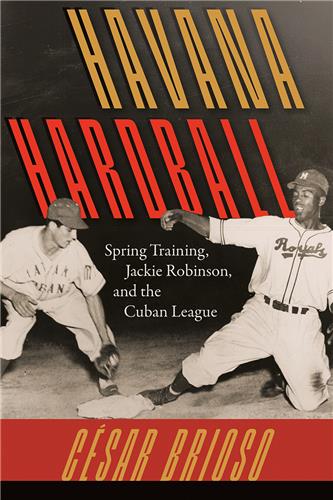Creole City
A Chronicle of Early American New Orleans
Nathalie Dessens
Paper: $24.95
- Series: Contested Boundaries
“[Dessens] deftly places [Boze’s letters] within the historiography of New Orleans while, at the same time, providing an entry into Boze’s “mental universe.” In doing so, she has created a valuable resource for anyone interested in early American New Orleans.”—L’Ordinaire des Amériques
“Each chapter of the book stresses one facet of New Orleans and shows how the city was slowly, but irrevocably, integrated by the United States, while proudly retaining a strong Atlantic and Caribbean dimension.”—Miranda
"Provides fresh insights into the ways that New Orleans was tied to the larger Atlantic world and how the city and its inhabitants weathered their incorporation into the United States."--Ashli White, author of Encountering Revolution: Haiti and the Making of the Early Republic
"Dessens reveals a vanished world of transatlantic circuits, interracial families, politics and property, even ethnic rivalries--but most of all, the resilience, adaptability, and hard times of Saint-Domingue exiles whom revolution and war on two continents had cast ashore in New Orleans."--Lawrence N. Powell, author of The Accidental City
In Creole City, Nathalie Dessens opens a window onto antebellum New Orleans during a period of rapid expansion and dizzying change. Exploring previously neglected aspects of the city's early nineteenth-century history, Dessens examines how the vibrant, cosmopolitan city of New Orleans came to symbolize progress, adventure, and culture to so many.
Rooting her exploration in the Sainte-Gême Family Papers harbored at The Historic New Orleans Collection, Dessens follows the twenty-year correspondence of Jean Boze to Henri de Ste-Gême, both refugees from Saint-Domingue. Through Boze's letters, written between 1818 and 1839, readers witness the convergence and merging of cultural attitudes as new arrivals and old colonial populations collide, sparking transformations in the economic, social, and political structures of the city. This Creolization of the city is thus revealed to be at the very heart of New Orleans's early identity and made this key hub of Atlantic trade so very distinct from other nineteenth-century American metropolises.
Dessens's portrayal of this seminal period is innovative and crucial to understanding the city's rich history and unique culture.
Nathalie Dessens, professor of American history at the University of Toulouse-Jean Jaurès, is the author of Myths of the Plantation Society: Slavery in the American South and the West Indies and From Saint-Domingue to New Orleans: Migration and Influences.
- Sample Chapter(s):
- Excerpt
- Table of Contents
A fascinating glimpse of everyday life in New Orleans in the second and third decades of the nineteenth century.
--The Journal of Southern History
Raises key conceptual and methodical questions.
--Journal of American History
A first-rate guide to how New Orleans moved from one sort of place to becoming another place, from a mainly French enclave to a city that in its economy and culture was mostly American.
--American Historical Review
Equal parts a detective story and history book. . . . Fascinating.
--Miranda












